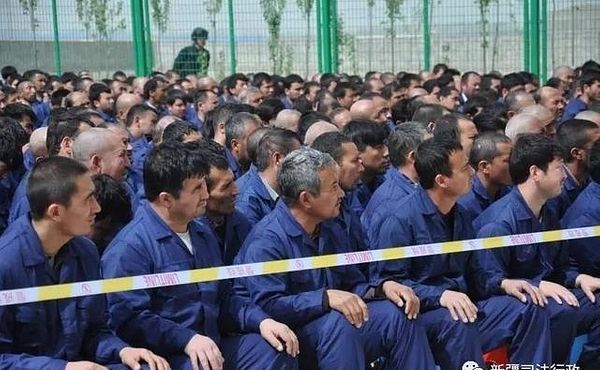Author: Stanford Law School’s Human Rights and Conflict Resolution Clinic
Organization/Publisher: Stanford Law School’s Human Rights and Conflict Resolution Clinic/Human Rights Watch
Date/Place: April 19, 2021/USA
Type of Literature: Report
Word Count: 5693
Keywords: China, Uighur, Uyghur, Xinjiang, Stanford Law School’s Human Rights and Conflict Resolution Clinic
Brief:
China is committing crimes against humanity in its treatment of the Uyghur ethnic minority and other Turkic Muslims in the northwest region of Xinjiang, with Beijing responsible for “policies of mass detention, torture, and cultural persecution, among other offenses”, Human Rights Watch has said in a new report. The report, which was authored with the help of Stanford Law School’s Human Rights and Conflict Resolution Clinic noted that while Beijing’s oppression of Turkic Muslims is “not a new phenomenon”, it has reached “unprecedented levels”. As many as a million people have been imprisoned in 300 to 400 facilities, including “political education” camps, pretrial detention centers and prisons. Meanwhile, children whose parents have been detained are sometimes placed in state institutions. Since 2017, when Beijing deepened its crackdown, detentions in Xinjiang accounted for 21 percent of all arrests in China, despite the region accounting for just 1.5 percent of the population, the report said. Arrests in the region increased by 306 percent in the last five years as compared to the first five years. Since 2017, the Chinese government has also “used various pretexts to damage or destroy” two-thirds of mosques in the region. The report drew on information from government documents, human rights groups, the media, and scholars, and also provides recommendations for governments to put pressure on Beijing for the alleged abuses, including “pursuing individual criminal and state responsibility for these crimes, targeted sanctions, and actions under other UN mechanisms, such as the International Convention on the Elimination of All Forms of Racial Discrimination (ICERD)”. The report also calls on companies to cut ties with Xinjiang, saying “it is not possible at this stage for companies to import from Xinjiang without risking complicity in the pervasive use of forced labor”. The report adds that “evidence indicates that detainees have been sent to perform forced labor after they were released from Xinjiang’s political education camps … Satellite images also show the recent emergence of new factories, connected to or near the camps, where inmates allegedly provide low-cost or unpaid labor”.
By: Maryam Khan, CIGA Research Associate




